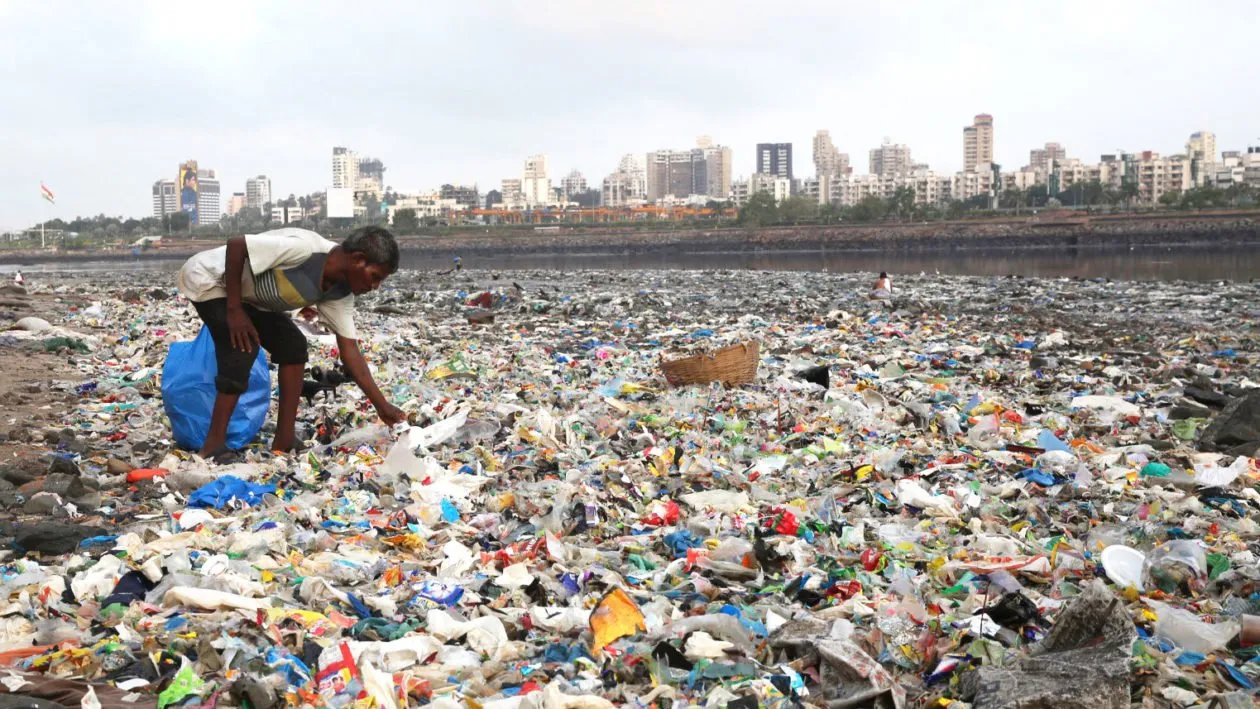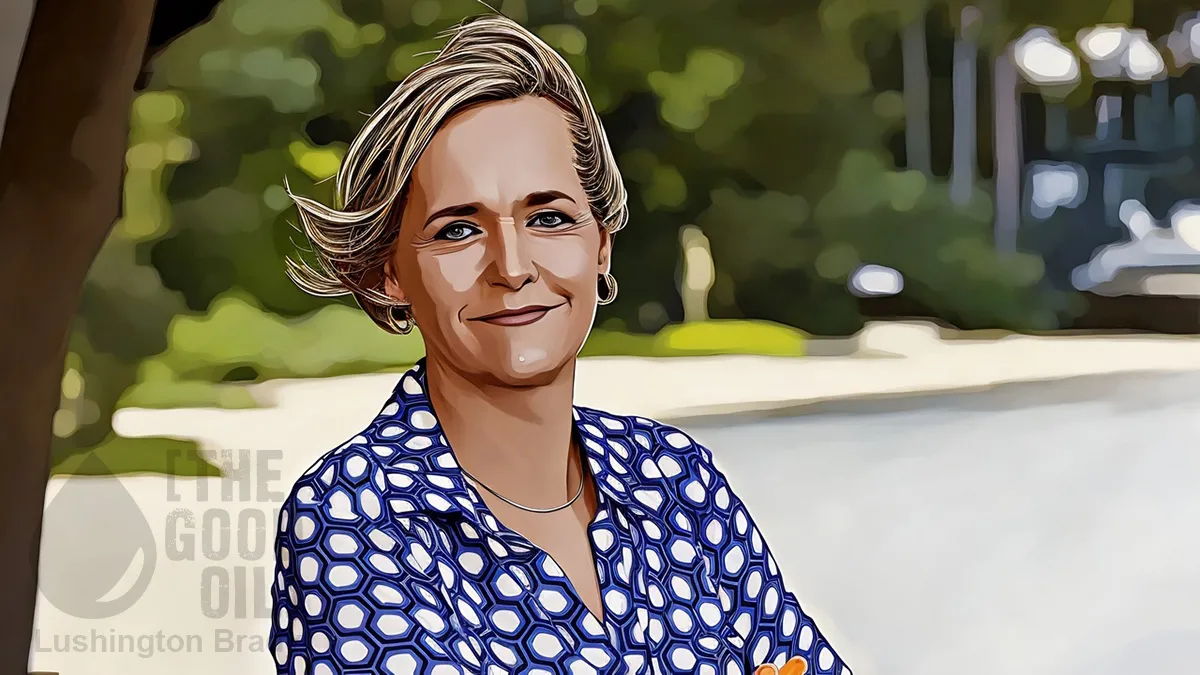Table of Contents
While the Krazy Klimate Kult and their poster girl Greta do a bang-up job of stamping their little feets and shaking their little fists, they’re notably deficient when it comes to explaining just how they’ll implement their ludicrous demands. That’s because the whole “climate emergency” hysteria is little more than a showboating, middle-class religious cult.
But, while the bourgeois cultists are playing dress-ups and blocking ordinary folk from getting to work, over an imaginary emergency, other people are getting down to the job of tackling real environmental problems.
The yawning void between virtue-signalling climate alarmism and reality was exemplified by Australian PM Scott Morrison when he addressed the UN last month. Refusing to bow to hectoring globalists, Morrison firmly stated that his country had “nothing to apologise for”, and instead of chasing sky dragons, Australia is pursuing real action on a real problem: ocean plastics.
When Scott Morrison addressed the UN General Assembly last month he gave a huge boost, in front of a global audience, to a new technology for recycling plastics that came out of the University of Sydney.
The technology, on the verge of being commercialised, will do more than just recycle plastics.
It will help make achievable “a truly circular economy”, in the Prime Minister’s words, in which plastic can be recycled again and again, no longer being discarded in landfill, being burned, or adding to the already massive amount of plastic polluting the world’s oceans.
Current plastic recycling is expensive, labour-intensive and results in relatively low-grade products. The promise of this new technology is truly game-changing.
Mr Morrison cited the catalytic hydrothermal reactor — the fruit of research by Sydney University chemistry professor Thomas Maschmeyer and his colleagues — which can turn any type of plastic back into hydrocarbon feedstock that can then be made into fuel, waxes, lubricants, solvents and new plastics.
The technology — developed by Licella, a company co-founded by Professor Maschmeyer that partners with Sydney University — is commercially viable because it is far more economic than other methods of recycling plastic into oil. It is particularly good for processing mixed plastics that are currently not recycled…
Licella operates a pilot plant on the NSW central coast using the catalytic hydrothermal reactor technology (known as Cat-HTR) and is seeking to build Australia’s first commercial installation with its partner iQReNew.
Furthermore a British company, ReNew ELP, is setting up the first fully commercial plant on the site of an old ICI chemical plant in Wilton in the north of England.
Now that China has refused to take any more plastic waste from other countries unless it is sorted to an exceptional level of purity, Professor Maschmeyer says, interest in his technology is booming. “Money is knocking at our door,” he said from Europe, where he was speaking to potential investors in the technology.
Discussions are well advanced for large plants in Germany and Professor Maschmeyer believes it is realistic for Germany to be processing a half-million tonnes of plastic back into oil each year within three to five years…
He estimated that, for a cost of about $1bn, Australia could be 50 per cent plastic neutral and the investment would generate a strong financial return. He produced back-of-the-envelope figures to support this claim.
theaustralian.com.au/higher-education/pm-backs-local-tech-to-end-global-plastic-waste/
So we have an ignorant teenager who rants nonsense at world leaders, but a team of boffins who are quietly engineering a ground-breaking technology that could solve one of our most pressing environmental problems.
Guess which gets feted by the world media and the globalist elite?
https://thebfd.co.nz/2019/10/the-art-of-saying-little-doing-much/ https://thebfd.co.nz/2019/09/bdf-transcript-mike-hosking-on-why-evs-are-a-very-bad-idea/









